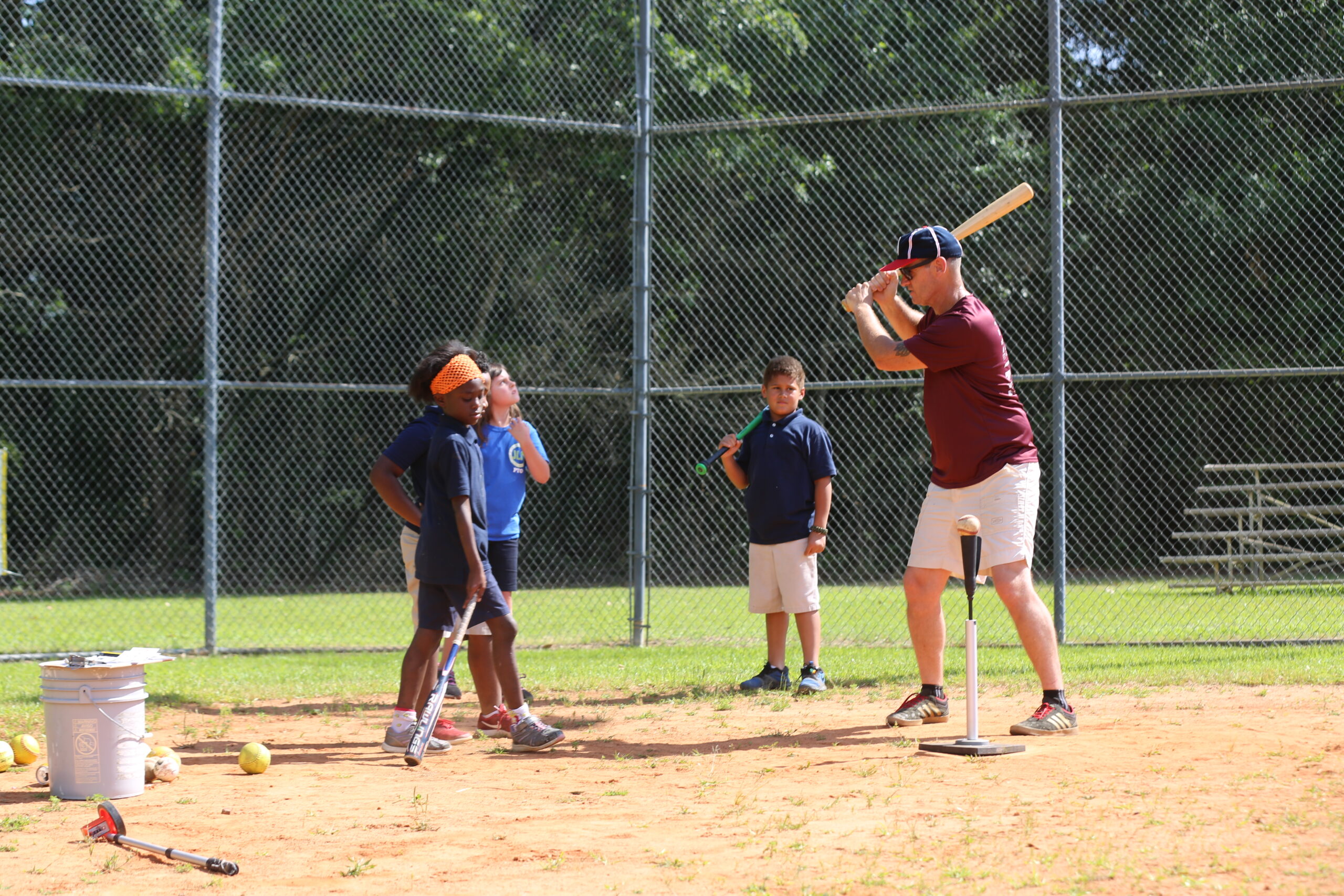Org Practice Call to Action
Build Buy-In Among Organizational Leaders
Building a culture of coach training starts at the top. To get there, sport organizations need leaders who believe in training. They understand how it lays a foundation for transformative experiences in sports, then communicate that commitment. By combining real-world examples with impactful data, we can help more leaders see what’s possible – and why investing in coach training matters.
→What this looks like when we get it right: Empowered leaders champion coach training, highlight impact, celebrate peer success, and keep kids’ experiences at the center of every decision.
→Who can drive this change? Sports Governance; Program Operators; Pro/College Sports; Government

Why This Issue
Organizational leaders play a critical role in fulfilling the Million Coaches Challenge Cohort’s commitment to equip a generation of coaches with the knowledge and tools to help young people thrive on and off the playing field. To move leaders to action, it is time to rally around the idea that “coaches make or break the sports experience for kids, but many [coaches] feel unprepared to meet the diverse and emergent needs of young people they coach.”
Getting Started
Build on what we know. We can lean into a growing body of support showing how training sets coaches on a path to success with young people. Our recent Impact Statement distilled how: gains in knowledge, shifts in attitudes and behaviors, and feelings of confidence and preparedness. 88% of coaches believed that training made them a better coach.
Keep positive sport experiences front and center. The youth athlete experience should remain at the heart of every discussion, policy decision, and proposed action related to coach training. Gaining buy-in from leadership is most effective when organizations connect the value of trained coaches to the specific populations they serve. This makes the need feel personal, urgent, and aligned with core organizational goals.
Connect leaders. We can do more to build community among organizational leaders, especially those invested in coaches. Yes, we must showcase leaders who have shifted their culture. But we must also CONNECT those currently endeavoring to do so.
Highlight success. We must showcase leaders who have successfully shifted their coaching culture by implementing training. When organizations see peers creating better outcomes for athletes through coach education, it builds momentum and drives interest. These wins should be celebrated widely – through conferences, communications, and media – to elevate the value of coach training and encourage broader adoption.
Engage leaders as spokespeople. Leadership voices matter. Influential leaders from community-based organizations, governing bodies and pro/college sports can lead by example – and encourage their peers to take action. When leaders speak up about why coach education matters, they don’t just shape their own programs – they shape the future of youth sports.